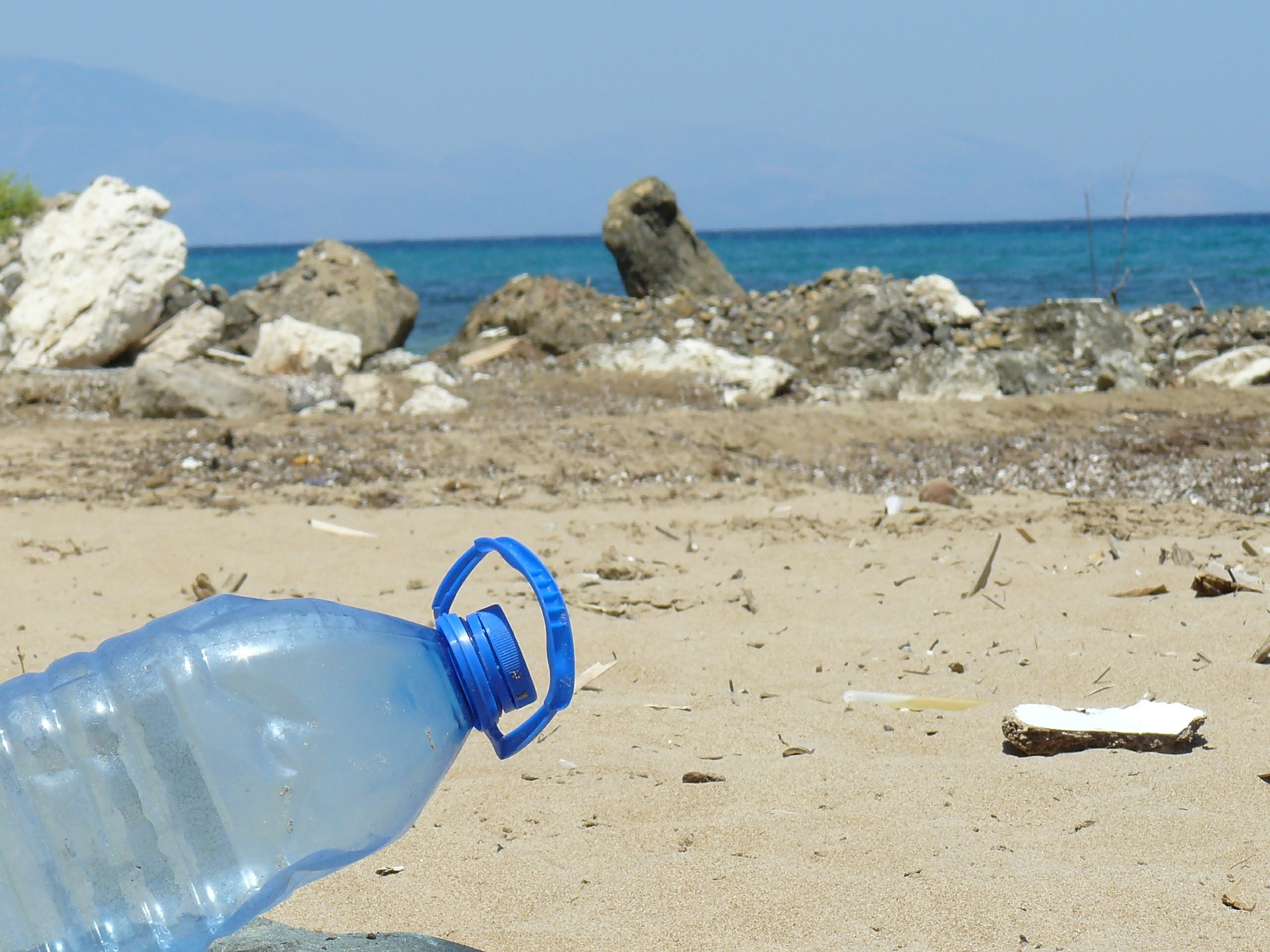In December Ireland became the first country in the world to divest from fossil fuels.
With the entrance into force of the Fossil Fuel Divestment Bill, the country’s sovereign fund (the Ireland Strategic Investment Fund) is committed to divesting its holdings of fossil fuel companies within five years and not to make future investments in the industry, “to precipitate a timely decarbonisation process in line with Ireland’s climate change commitments under Article 2 of the Paris Agreement”. The bill has been signed into law by the President of Ireland Michael Daniel Higgins on December 17.
According to Reuters, the Ireland Strategic Investment Fund (ISIF) is worth 8.9 billion euro, with an estimated 318 million euro invested in about 150 fossil fuel companies.
The decision of the Irish government is the first bringing the commitment not to invest in fossil fuels companies into a state-level law. It adds to the partial divestment legislation initiative of Norway, which in 2015 agreed to pull its national pension fund out of coal.
Started in US university campuses in 2011, the divestment movement gained momentum thanks to the involvement of institutional investors, cities, companies and prominent stakeholders.
The funds committed to fossil fuel divestment currently total more than 7 trillion euro. Over 1000 institutional investors have made the pledge, according to a report released by the advocacy organizations involved in the global divestment campaign.
The report details that since 2012 the number of institutions committing to fossil fuel divestment has increased rapidly, including faith-based and philanthropic organizations, educational institutions, pension funds and for-profit corporations, governments, and NGOs.
The milestone of the 1000th institution to divest was reached a few days before the start of COP24, with France’s Caisse des dépôts et consignations (CDC) announcing that from 2019 it will no longer invest in companies that make more than 10% of their business from coal.
Read more:
Text and proceedings of Ireland’s Fossil Fuel Divestment Bill
Report: 1000 Divestment commitments and counting
List of divestment commitments curated by 350.org’s Fossil Free project






